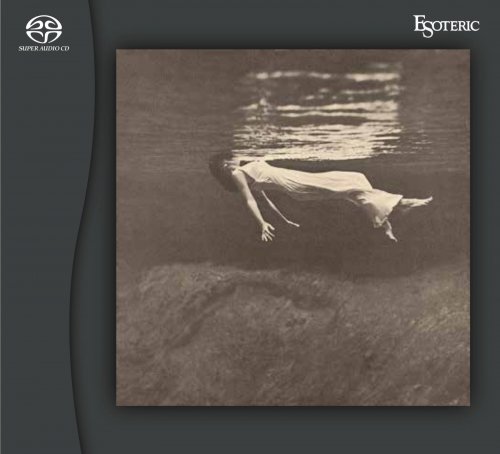Steven Bernstein's Millennial Territory Orchestra - Tinctures In Time (Community Music, Vol. 1) (2021) [Hi-Res]
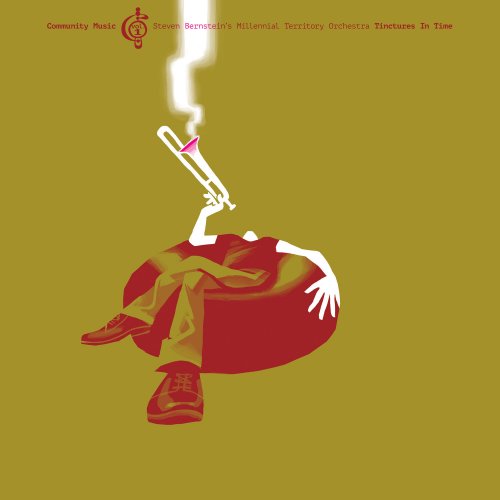
Artist: Steven Bernstein's Millennial Territory Orchestra
Title: Tinctures In Time (Community Music, Vol. 1)
Year Of Release: 2021
Label: Royal Potato Family
Genre: Avant-Garde Jazz
Quality: FLAC (tracks) / 24bit-96kHz FLAC (tracks)
Total Time: 38:32
Total Size: 204 / 773 MB
WebSite: Album Preview
Tracklist:Title: Tinctures In Time (Community Music, Vol. 1)
Year Of Release: 2021
Label: Royal Potato Family
Genre: Avant-Garde Jazz
Quality: FLAC (tracks) / 24bit-96kHz FLAC (tracks)
Total Time: 38:32
Total Size: 204 / 773 MB
WebSite: Album Preview
01. Planet B (4:46)
02. Quart Of Relativity (5:04)
03. Angels (3:43)
04. Show Me Your Myth (5:12)
05. High Light (5:32)
06. The Gift (6:18)
07. Satori Slapdown (5:43)
08. Angels Too (2:18)
Tinctures in Time is the first original music Bernstein has ever written for the MTO, which from the beginning had exclusively been a vehicle for his arrangements of other people's songs, from Count Basie to Prince. Most of the album was composed in 2019, a tough year for Bernstein: Henry Butler had recently passed, and there were serious injuries and death in his immediate family. Like a lot of people do, Bernstein got through it by working. "I was spending a lot of time on planes, going to visit people in hospitals," he says. "So what else am I going to do with my time? I ended up with all this music."
"The tincture of time" is a phrase Bernstein's father, a doctor, uses for when there's nothing to be done but wait for something to heal; the relevance of time as healer for Bernstein himself is clear. He altered the phrase so it makes a little reference to a favorite Sly Stone tune. And "tinctures," Bernstein says, also refers to "things that people take to give feelings of euphoria." It's why he calls this "cannabis music."
"Cannabis music" is part of a tradition that extends back to the very beginning of jazz: what was known in the 1920s as "viper music." But the influences here include not just jazz but funk, various kinds of African music, and Minimalism. It adds up to "a sense of music not of this world," Bernstein explains, "an altered state that you can kind of lose yourself in. Tinctures in Time is in the tradition of trance music."
"One of the things that Henry and I really bonded on," he continues, "was we both felt that music was not just notes and rhythm — when we play music it's really about transformative experiences: that was our goal." Or, as Fran Lebowitz once said, "music is like a drug that doesn't kill you."
So Tinctures in Time doesn't have to resort to the usual trippy signifiers like weird sound effects and tons of reverb — although if you want a classic psychedelic sound, look no further than Charles Burnham's mind-bending wah-wah violin on the majestic and mysterious "High Light." With its interlocking parts and inexorable rhythmic undertow, "Show Me Your Myth" is slow-motion funk, with a sleek pulse that harks to In a Silent Way and On the Corner. Ever-changing and richly hued, "Quart of Relativity" is fodder for vivid mind-movies.
The Millennial Territory Orchestra had never featured the guitar prominently, but Bernstein had just come back from working with Los Lobos, and David Hidalgo's guitar was fresh in his mind. Here, for the first time in the MTO, Matt Munisteri's guitar is often front and center, or even all by itself: note his face-melting solo on "Planet B."
The album's emotional center is "Angels," as moving as anything Bernstein has ever done. It's a song that needs no words, with lyrical solos that speak as clearly as any voice. "This is who I am," Bernstein says. "I've been through a lot of stuff. But I don't think this song is sad, necessarily — it's just emotional." And the MTO is right there with him, sharing the load — there might not be any moment in all of the Community Music series that more clearly shows how this band is truly a community, a powerful expression of all those years of friendship and music-making.
Bernstein had also recently worked with the great Senegalese musician Baaba Maal and then Little Feat, powerful experiences that influenced a still-evolving musician. You can hear elements of those artists as well as Duke Ellington, Fela, and the Band but Tinctures in Time is indisputably, as Bernstein's longtime friend and co-conspirator Hal Willner once put it, "Bernstein music.”
Steven Bernstein, trumpet, slide trumpet, flugelhorn
Curtis Fowlkes, trombone
Charlie Burnham, violin
Doug Wieselman, clarinet, tenor saxophone
Peter Apfelbaum, tenor saxophone
Eric Lawrence, baritone saxophone
Matt Munisteri, guitar, banjo
Ben Allison, bass
Ben Perowsky, drums
"The tincture of time" is a phrase Bernstein's father, a doctor, uses for when there's nothing to be done but wait for something to heal; the relevance of time as healer for Bernstein himself is clear. He altered the phrase so it makes a little reference to a favorite Sly Stone tune. And "tinctures," Bernstein says, also refers to "things that people take to give feelings of euphoria." It's why he calls this "cannabis music."
"Cannabis music" is part of a tradition that extends back to the very beginning of jazz: what was known in the 1920s as "viper music." But the influences here include not just jazz but funk, various kinds of African music, and Minimalism. It adds up to "a sense of music not of this world," Bernstein explains, "an altered state that you can kind of lose yourself in. Tinctures in Time is in the tradition of trance music."
"One of the things that Henry and I really bonded on," he continues, "was we both felt that music was not just notes and rhythm — when we play music it's really about transformative experiences: that was our goal." Or, as Fran Lebowitz once said, "music is like a drug that doesn't kill you."
So Tinctures in Time doesn't have to resort to the usual trippy signifiers like weird sound effects and tons of reverb — although if you want a classic psychedelic sound, look no further than Charles Burnham's mind-bending wah-wah violin on the majestic and mysterious "High Light." With its interlocking parts and inexorable rhythmic undertow, "Show Me Your Myth" is slow-motion funk, with a sleek pulse that harks to In a Silent Way and On the Corner. Ever-changing and richly hued, "Quart of Relativity" is fodder for vivid mind-movies.
The Millennial Territory Orchestra had never featured the guitar prominently, but Bernstein had just come back from working with Los Lobos, and David Hidalgo's guitar was fresh in his mind. Here, for the first time in the MTO, Matt Munisteri's guitar is often front and center, or even all by itself: note his face-melting solo on "Planet B."
The album's emotional center is "Angels," as moving as anything Bernstein has ever done. It's a song that needs no words, with lyrical solos that speak as clearly as any voice. "This is who I am," Bernstein says. "I've been through a lot of stuff. But I don't think this song is sad, necessarily — it's just emotional." And the MTO is right there with him, sharing the load — there might not be any moment in all of the Community Music series that more clearly shows how this band is truly a community, a powerful expression of all those years of friendship and music-making.
Bernstein had also recently worked with the great Senegalese musician Baaba Maal and then Little Feat, powerful experiences that influenced a still-evolving musician. You can hear elements of those artists as well as Duke Ellington, Fela, and the Band but Tinctures in Time is indisputably, as Bernstein's longtime friend and co-conspirator Hal Willner once put it, "Bernstein music.”
Steven Bernstein, trumpet, slide trumpet, flugelhorn
Curtis Fowlkes, trombone
Charlie Burnham, violin
Doug Wieselman, clarinet, tenor saxophone
Peter Apfelbaum, tenor saxophone
Eric Lawrence, baritone saxophone
Matt Munisteri, guitar, banjo
Ben Allison, bass
Ben Perowsky, drums
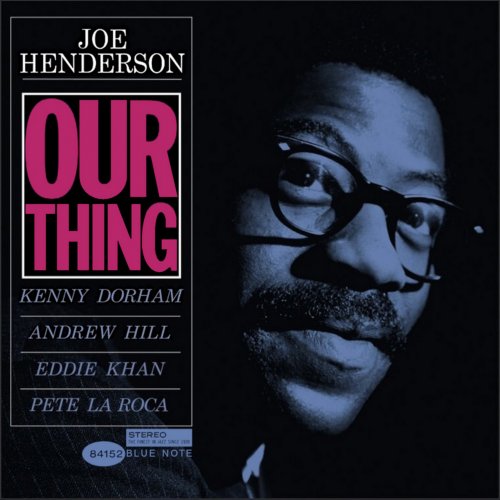
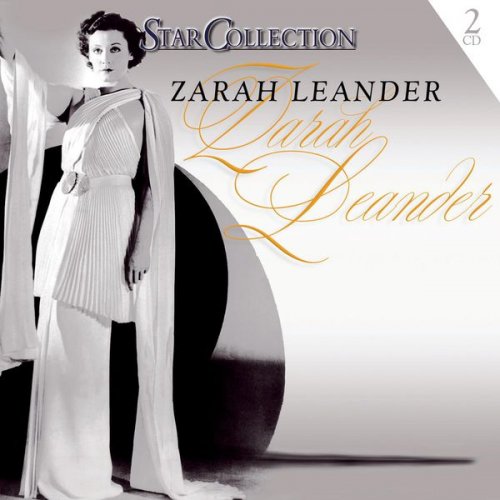
![Ex Novo Ensemble - OSVALDO COLUCCINO: Emblema (2018) [Hi-Res] Ex Novo Ensemble - OSVALDO COLUCCINO: Emblema (2018) [Hi-Res]](https://img.israbox.com/img/2026-02/22/ot6pocjri3hisq06iz4768yl5.jpg)
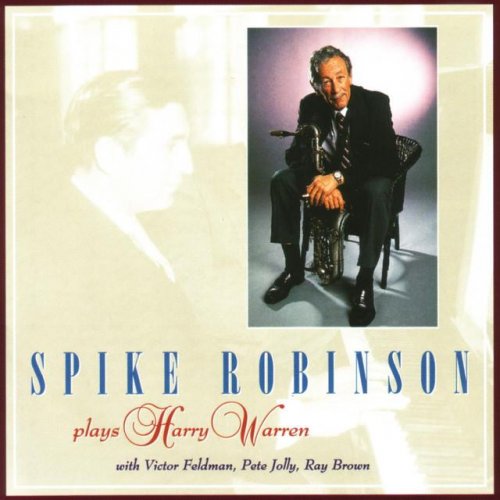
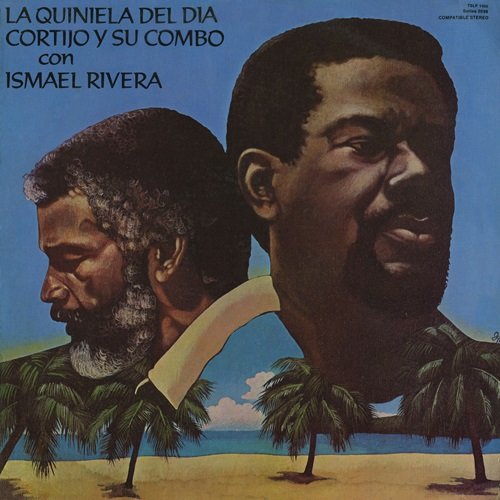
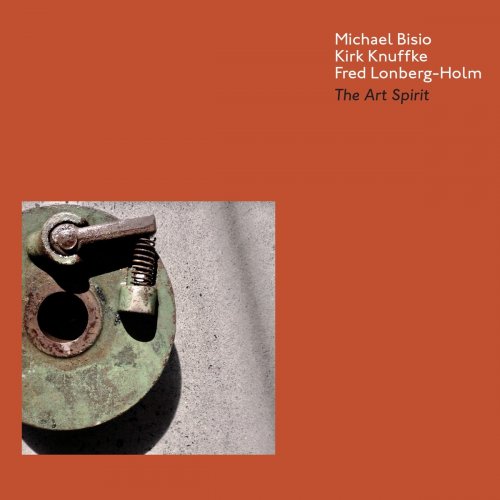
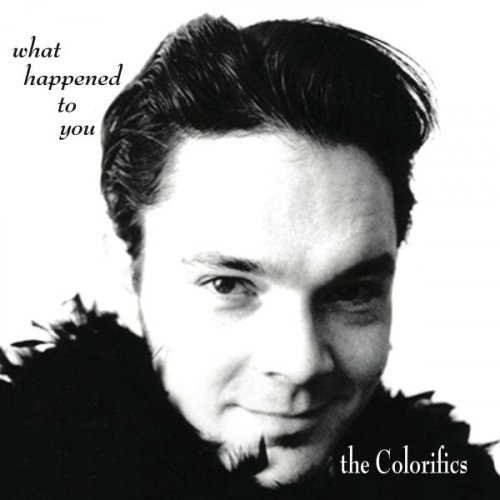
![Sinedades - De par en par (2026) [Hi-Res] Sinedades - De par en par (2026) [Hi-Res]](https://img.israbox.com/img/2026-02/23/k9xyrl2p7m3kmcwozolhfnu7a.jpg)
